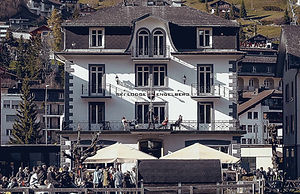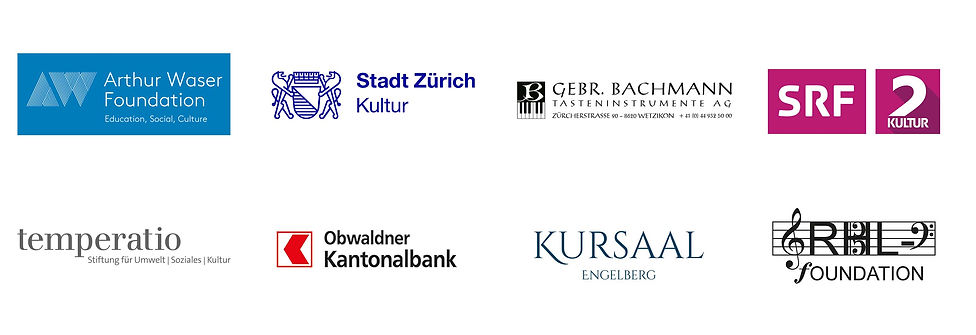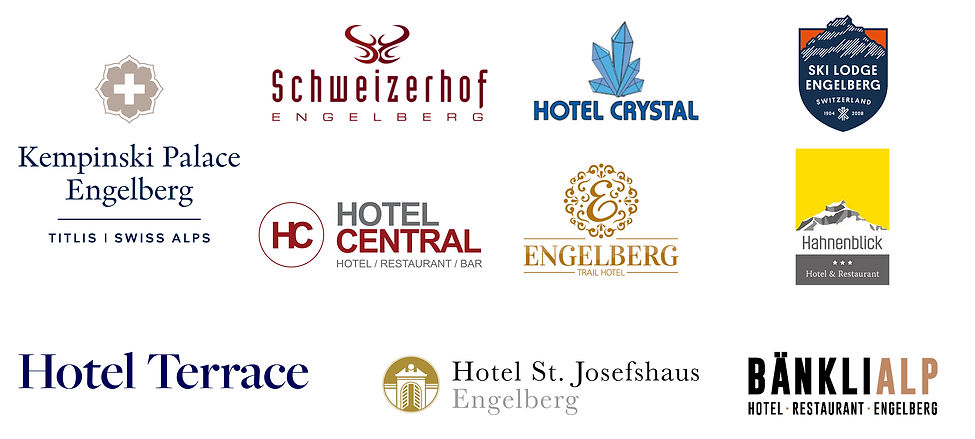

Thu, October 15, 2026 –
Sun, October 18, 2026
Save the date
More information this spring
Program
Save the date
Datum
Zeit

I'm a paragraph. Click here to add your own text and edit me. It's easy.
N
This is a title. Click here to edit.
Heading 6
Heading 6

I'm a paragraph. Click here to add your own text and edit me. It's easy.
02
This is a title. Click here to edit and add your own text.
Heading 6
Heading 6

I'm a paragraph. Click here to add your own text and edit me. It's easy.
03
This is a title. Click here to edit and add your own text.
Heading 6
Heading 6

I'm a paragraph. Click here to add your own text and edit me. It's easy.
04
This is an extra long title. Click here to edit and add your own text. It's easy.
Artists

Olivia Walker
Editor in Chief
Editor in Chief

Dan Mitchell
Assistant Manager
Editor in Chief

Noah Patterson
Programming Editor
Editor in Chief
Tickets
Passes (now) and single tickets (from July 31st)
can be booked via:
Phone: 0900 585 887
Monday – Friday 10.30 a.m. – 12.30 p.m
CHF 1.20 / min. from a Swiss landline
Students receive a 50% discount on all prices
Residents of Engelberg and second home owners receive a 10% discount
(Please ask Engelberg Tourismus for promo codes)
Festivalpasses
Festivalpass A: 10 concerts Fri-Sun (excl. monastery tour and Dîner)
Cat I: CHF 450.-/Cat II: CHF 370.- Shop
Festivalpass B: 7 concerts Fri/Sat (excl. monastery tour and Dîner)
Cat I: CHF 320.-/Cat II: CHF 280.- Shop
Festivalpass C: 7 concerts Sat/Sun (excl. monastery tour and Dîner)
Cat I: CHF 330.-/Cat II: CHF 290.- Shop
Dîner
On Saturday 21.10. From about 9.30 p.m., after concert 7, the joint dinner with the artists will take place in the Ristorante Al Monastero. A menu is served for 45.00 (excl. drinks), with a choice of meat, fish or vegetarian.
Guests and artists will sit together at mixed tables. If there are several people in a booking, they will be seated at the same table if possible. If you would like to be at the same table with certain other audience members, please email us with your requests at tickets@zwischentoetoene.com.
The menu you will find here. Bookings via this link.
Partner Hotels
The Zwischentöne Festival extends its gratitude to our partner hotels in Engelberg, who make a generous contribution to the success of the festival by providing accommodation for musicians and our team.
We recommend all visitors to book their stay at one of these hotels.

Kempinski Palace Engelberg
special price: With the keyword «Zwischentöne» you will receive a 20% discount on the rate.
reservation.engelberg@kempinski.com
+41 41 639 75 75

Hotel Terrace
special price: With the keyword «Zwischentöne» you will receive a 20% discount on the rate.
+41 41 639 66 00

Hotel Hahnenblick
special price: With the keyword «Zwischentöne» you will receive a 10% discount on the rate.
+41 41 637 12 12

Hotel Crystal
special price: With the keyword «Zwischentöne» you will receive a 10% discount on the rate.
+41 41 637 21 22

Hotel St. Josefshaus
special price: With the keyword «Zwischentöne» you will receive a 10% discount on the rate.
+41 41 639 51 00

Hotel Engelberg «mein Trail Hotel»
special price: With the keyword «Zwischentöne» you will receive a 10% discount on dynamic rates.
+41 41 500 12 12




Kursaal

The Kursaal Engelberg, built in 1902, is one of the most magnificent Belle Epoque halls in Switzerland. After four years of renovation, it has been shining in new splendor since October 2020.
With its enchanting ambiance and excellent acoustics, it provides the ideal setting for a chamber music festival like the Zwischentöne.
You can find the Kursaal at Bahnhofstrasse 15, a 5-minute walk from Engelberg train station. The entrance for the audience is located on the side of the Kurpark. You can park in the associated parking garage, which has a lift to the hall.
Contact

Friends
Our special thanks go to the generous support of the association «Friends of the Zwischentöne Engelberg Chamber Music Festival». The festival would not be possible without this active support, including the valuable relationship building within the local community.
We encourage you to become a member of the association as well, to strengthen the successful continuation of the festival in the future.
Infos and a sign up sheet you can find here.
Partners
We thank our supporters:
Geert und Lore Blanken-Schlemper Stiftung – Alice Rosner Foundation
Schüller-Stiftung – Elsener-Gut Stiftung – Thyll Stiftung
Association Friends of Zwischentöne Engelberg
Hauptsponsoren:

Sponsoren:

Geert und Lore Blanken-Schlemper Stiftung
Schüller-Stiftung – Elsener-Gut Stiftung
Thyll Stiftung – Ref. Kirchgemeinde Engelberg
Sarna Jubiläumsstiftung
Verein «Freunde des Kammermusikfestivals Zwischentöne Engelberg»
Hotelpartner
Special thanks also to our hotel partners, who make an invaluable contribution by sponsoring the hotel rooms for the musicians and staff:

